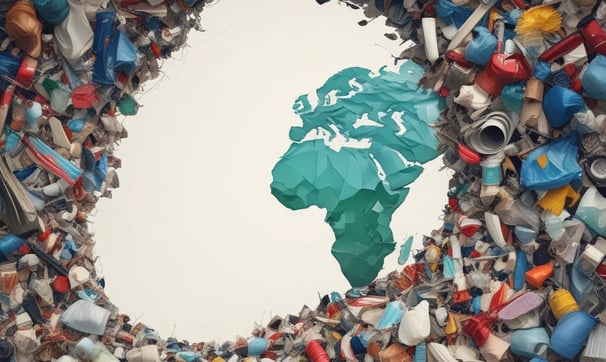Waste


‘Waste are materials (products produced for the market) for which the generator has no further use in terms of his/her own purposes of production, transformation or consumption, and of which he/she wants to dispose. Waste may be generated during the extraction of raw materials into intermediate and final products, and other human activities. Residuals recycled or reused at the place of generation are excluded.’ (UN)
Waste is an unnecessary or wrong use of money, substances, time, energy, abilities, resources. These are the things that are lost from the system and often go on to create even bigger issues like air pollution, carbon emissions, solid waste escaping out into nature. Waste brings numerous problems, including: millions of plastic fragments are now found in our oceans and disrupting marine ecosystems. trash is burned in air-polluting incinerators. waste recklessly dumped in urban environments and over ever-growing landfills.
The amount of waste we generate is also an indicator of the ever-increasing volume of goods we produce and a reminder of our unsustainable lifestyles. Particularly dramatic is the plastic waste situation. From the 1950s to the 1970s, only a small amount of plastic was produced, so it was relatively manageable. By the 1990s, plastic waste generation had more than tripled in two decades and in the early 2000s, our output of plastic waste rose more in a single decade than it had in the previous 40 years. Finally what is the situation today? Today we produce about 357 m tons of plastic waste every year. This is happening because we have become attached to single-use or disposable plastic. In total, half of all plastic produced is designed to be used only once and then thrown away. The necessity to slow the flow of plastic at its source could not be clearer though we also need to improve the way we manage plastic waste because a lot of it ends up in the environment. 79% of all plastic waste has accumulated in landfills, dumps or the natural environment. Plastic is devastating marine ecosystems and by 2050, our oceans could contain more plastic than fish